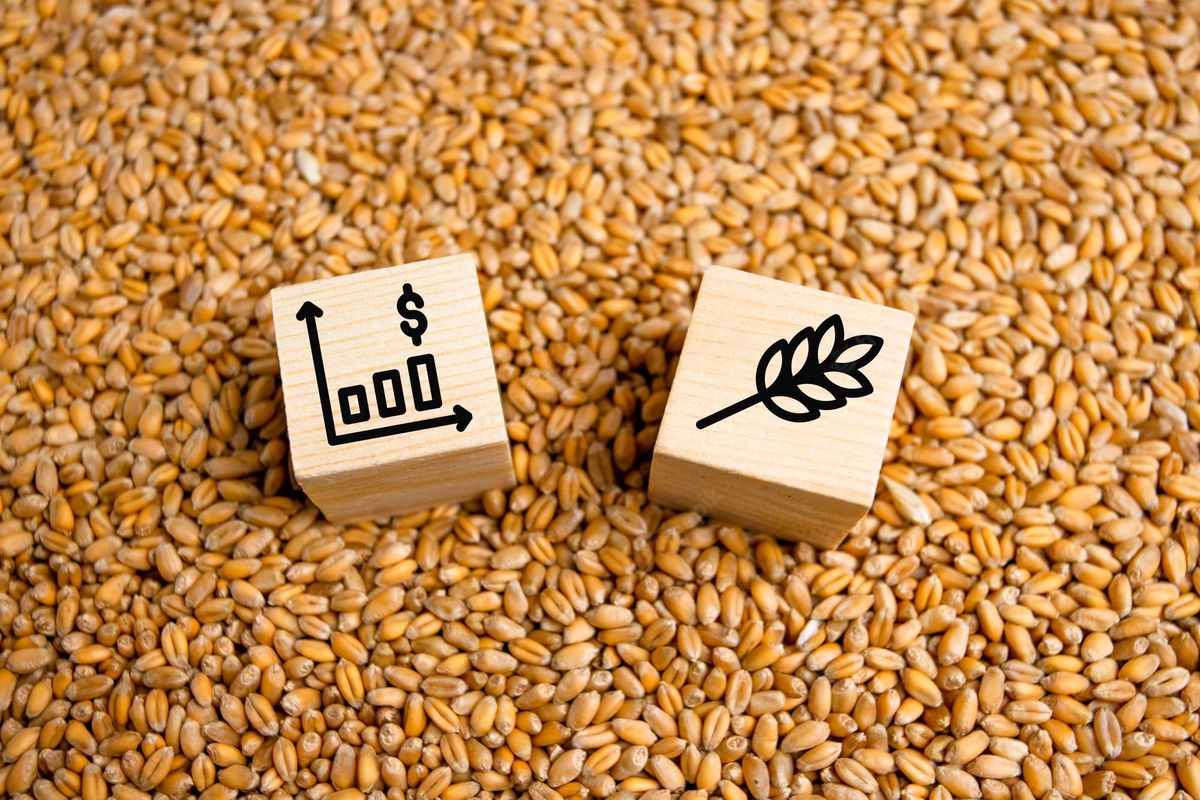Australia: Queensland, New South Wales rain softens cereal markets

Patchy rain for New South Wales and Queensland in the past week, with more on the forecast to fill in the gaps, has softened bids for wheat and barley.
Bucking the trend is the Queensland sorghum market, where China-facing export demand has added $5 per tonne to values.
Conditions remain critically dry in South Australia and western Victoria, where growers are nonetheless starting their seeding campaigns on the expectation of a break in April or May to germinate crops.
| Mar 20 | Mar 28 | |
| Barley Downs | $338 | $335 |
| ASW Downs | $355 | $353 |
| Sorghum Downs | $350 | $355 |
| Barley Melbourne | $352 | $350 |
| ASW Melbourne | $375 | $370 |
Table 1: Indicative prices in Australian dollars per tonne.
Qld and northern NSW growers have slowed their selling of new-crop sorghum, and bids have lifted to attract tonnage needed to fill cargoes booked for coming weeks.
With the sorghum market stronger and wheat cheaper, poultry buyers are returning to wheat as the base grain for rations.
“Growers aren’t getting rid of sorghum at these prices, and I can’t understand why,” one trader said.
Barley is also seen as good buying, and lotfeeders are chipping away at coverage for the coming quarter.
Widespread rain is currently falling over most of Qld’s growing areas, and those in the northern half of NSW too, and falls of more than 50mm are forecast for coming days.
While far from ideal for growers in the midst of picking cotton, the rain will get growers off to a flying start on their early winter crops, namely canola, long-season wheat, and faba beans.
Values in the southern market have eased in the past week on general rain forecast for NSW, which will be ideal for dry-sown paddocks, and dual-purpose or grazing crops already in the ground.
Forecasts point to growing areas in the southern half of NSW getting 15-50mm in coming days.
Consumers are seen as well covered, with grain from NSW feeding into mills in SA, and export demand for cereals is moderate.
“It’s a bit all over the shop,” Peters Commodities Riverina-based trader Peter Gerhardy said.
“Growers are not in a real rush to sell.”
Forecasts point to 10-15mm of rain for the north-eastern corner of Vic’s grainbelt, and growers there and in southern NSW are buying inputs now for planting.
“There’s rain on the forecast for the weekend, and there’s a lot of fertiliser exeuction taking place now.
“Once the grower starts to see those fuel, chemical, and fertiliser bills, they might cash a bit of grain in.”
Mr Gerhardy said that was likely to be lower-protein wheat stored on farm.
Graziers in south-west NSW, Vic, and SA are continuing to buy barley, lupins, and pellets to feed sheep in containment pens.
In SA, AW Vater & Sons principal trader Kim Vater said pellets where the preferred feed for sheep.
Only very light rain is forecast for SA in the coming week, and Mr Vater said growers will soon make a start on dry-sowing faba beans, and many are buying fertiliser ahead of the new-crop lant.
He said grower stocks of unsold grain were limited after the low-yielding year, which had many growers sell most of what they harvested straight off the header.
For almost 30 years of expertise in the agri markets, UkrAgroConsult has accumulated an extensive database, which became the basis of the platform AgriSupp.
It is a multi-functional online platform with market intelligence for grains and oilseeds that enables to get access to daily operational information on the Black Sea & Danube markets, analytical reports, historical data.
You are welcome to get a 7-day free demo access!!!
Read also
Abbey Commodities – General Partner of BLACK SEA GRAIN.KYIV-2026
Black Sea & Danube Barley Market at a Turning Point: Demand Pressure and Regi...
Rapeseed market focuses on new crop
China has not yet allowed the import of peas from Ukraine, but has increased suppl...
Canadian grain and oilseed exports to the EU could be suspended due to pesticide r...
Write to us
Our manager will contact you soon



